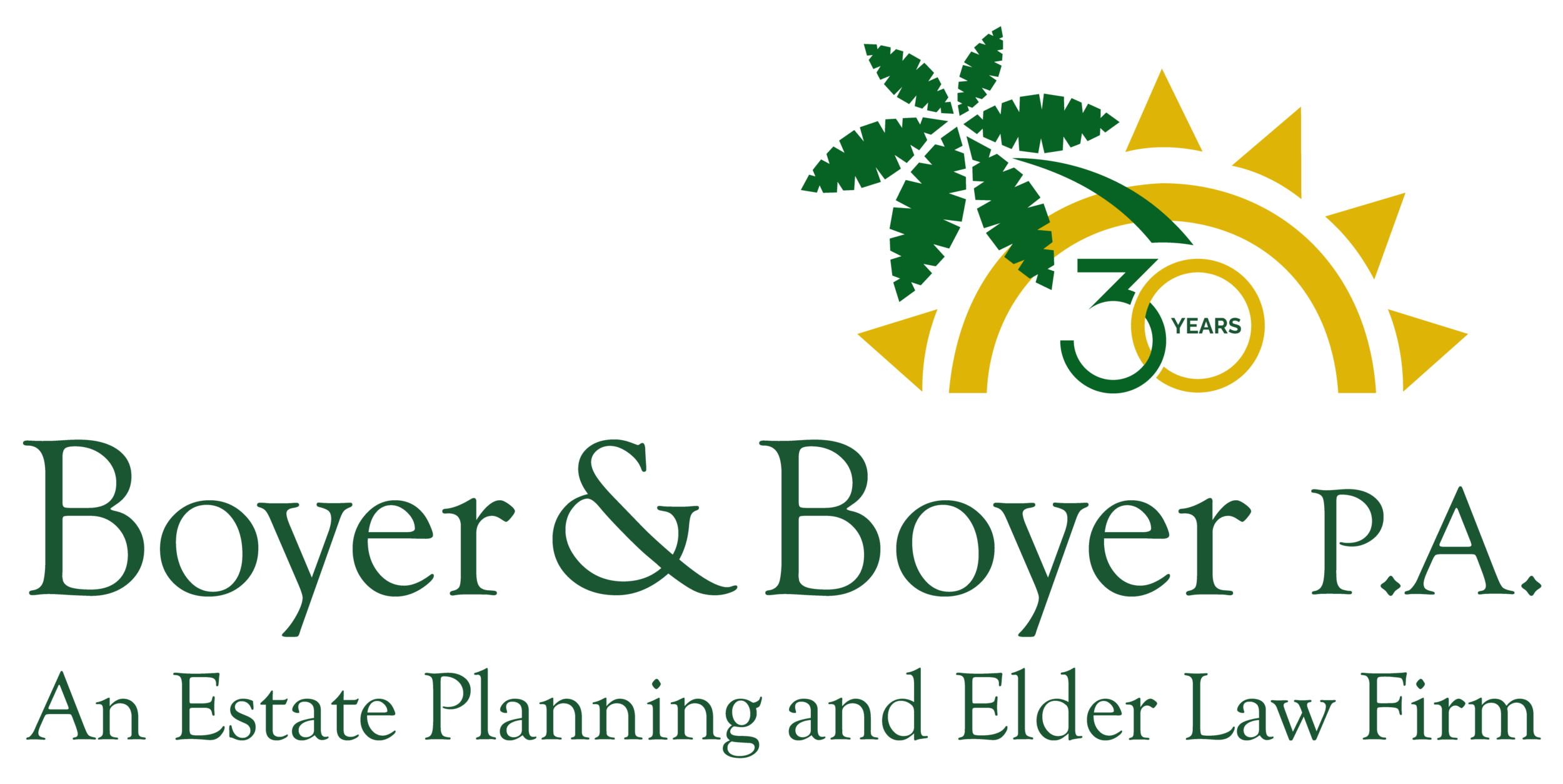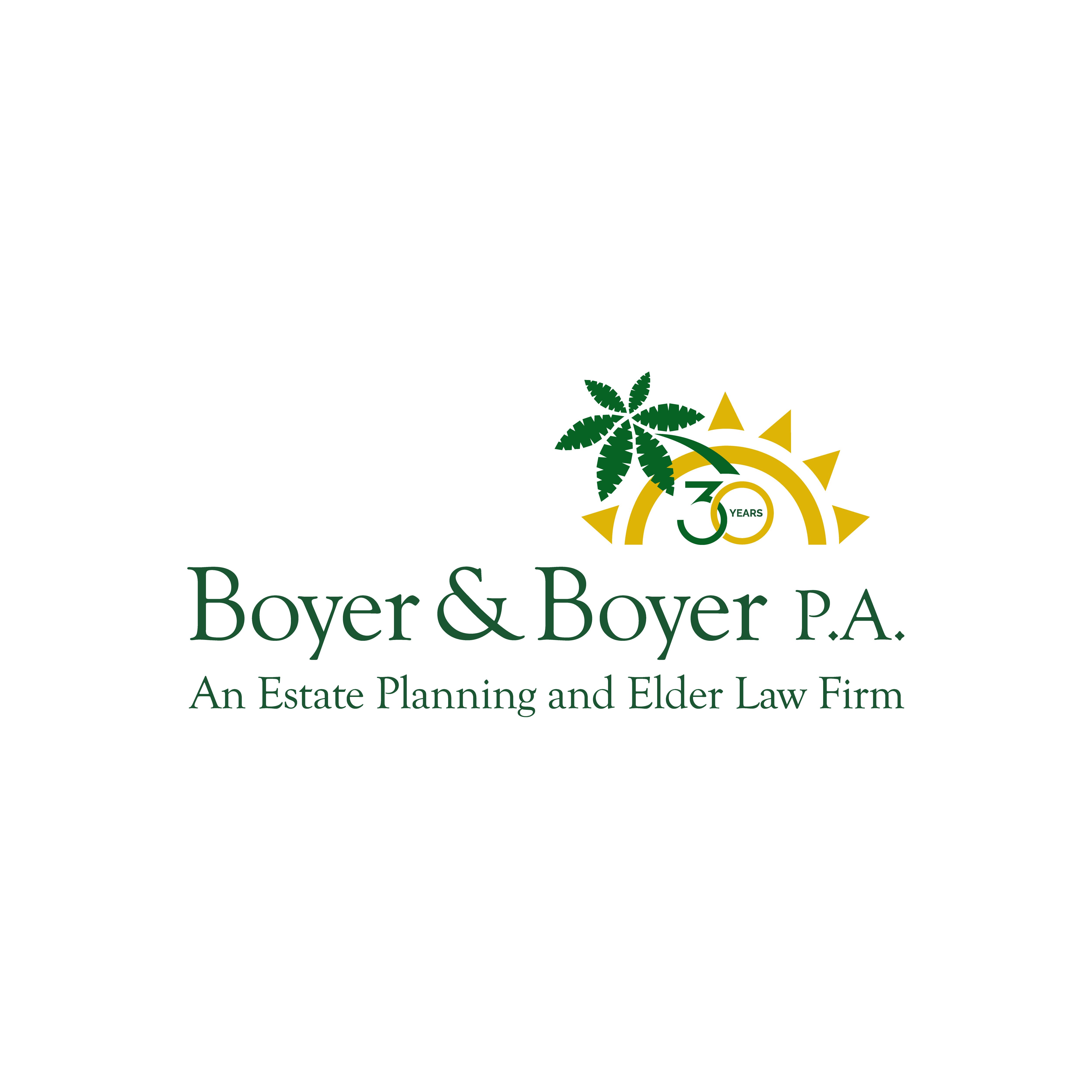Revocable Trust
What’s a Trust?
A trust for estate planning purposes can sometimes go by a number of different names. It can be called a revocable living trust, a family trust, a living trust or be called something else entirely. While we don’t recommend that each and every one of our clients have a Trust, they can be particularly useful in a number of situations. If you can answer yes to any one of the following questions, a trust may be something that could benefit you or your loved ones:
- You own more than one piece of real estate
- You have a large estate or many different types of assets.
- You have beneficiaries who are disabled or are receiving some form of government assistance (like Medicaid).
- You would like to control the timing or manner of distributions to your beneficiaries after your death (ex. a younger beneficiary or one who manages money poorly)
- You wish to avoid probate and other probate avoidance options are not possible or not feasible.
While this list is not meant to be exhaustive since every situation is very unique, it is a starting point to decide whether a revocable living trust could benefit you. I’ll now explain the benefits a trust can have based on the questions above.
If you own more than one parcel of real estate, it may be possible to deed your property into your trust, thereby avoiding probate for that asset. We routinely work with out-of-state clients to do precisely this. Many of these out of state clients own a vacation property in Florida. If they were to die owning that property in their individual names, it would be necessary to perform a Florida probate in order to clear title to that property and pass it along to their beneficiaries. Deeding this type of property into trust will allow the trustee of the trust to manage and transfer the property without probate.
If you have a large estate, it may be beneficial to discuss potential estate tax planning options. While the Federal Taxation of Estates kicks in at an amount over $11,180,000 (2018), we advise clients that if they have even half of that they should know how the Federal Estate and Gift Taxation system works. We should also caution you that if you are not a Florida resident, some states have a state estate tax that could apply to you regardless of whether you would be subject to the federal estate tax. In any event, a trust, when properly drafted, may help reduce or potentially eliminate your estate tax liability.
If you have beneficiaries who are disabled or are receiving some form of government assistance, leaving money or other property to these individuals may cause them to lose their benefits. In this type of situation, a properly drafted Special Needs Trust, sometimes called a Supplemental Needs Trust or SNT, may protect their benefits while also allowing them to receive oversight of the bequest you decide to leave for them.
If you have beneficiaries for whom you would like to control the timing or manner of distributions after your death a trust may be a good option . With a trust, you can do such things as spread out the distributions over a period of years, delay distributions until a certain age or place conditions on distributions from the trust. While the possibilities for planning in this manner are vast, we often advise clients to carefully consider the administration costs of continuing a trust over a number of years, compared to the value of the share that will be under administration. As an example, it may not make since to hold a $10,000 inheritance in trust for 20 years if the administrative costs would exceed the benefit.
If you wish to avoid probate and other probate avoidance options are not possible or not feasible, a Revocable Trust may be beneficial. One of the great benefits of a Trust is the ability to direct who will control your estate after your death, while also avoiding probate. In order to avoid probate however, the trust must be properly funded. Also, there are certain instances (including high value estates) where a probate may be beneficial.




